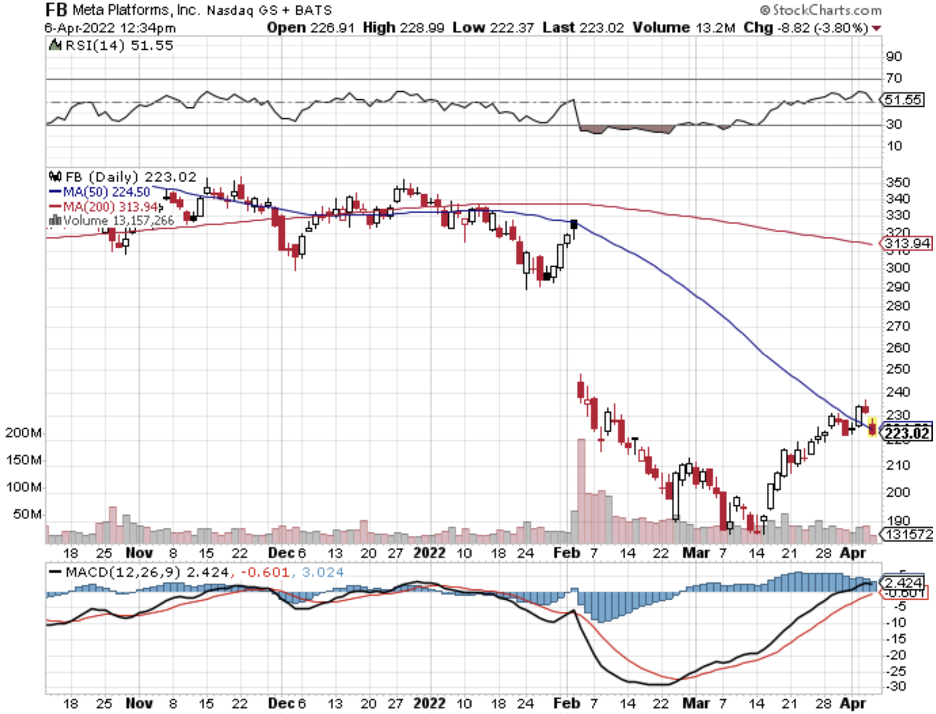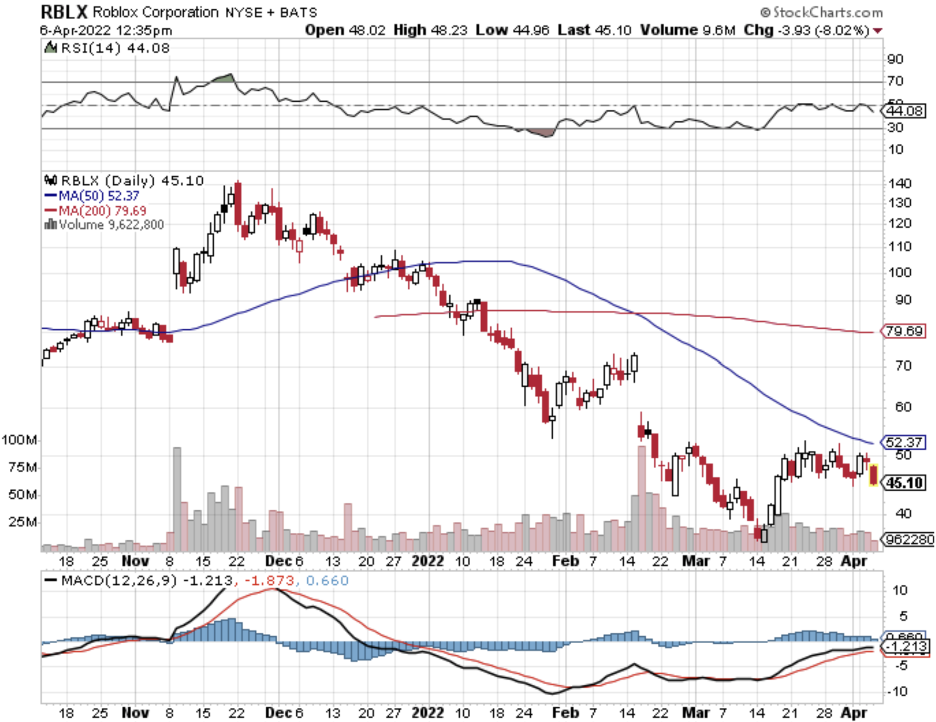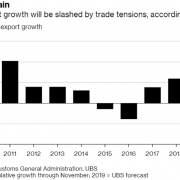The Risks That Come with the Metaverse
The word “metaverse” is a popular word recently and it has to do with a world from science fiction.
It refers to a future version of the internet accessed through immersive technologies such as virtual-reality and augmented-reality headsets.
Metaverse could be a $13 trillion market by 2030 according to a prominent research firm.
The internet built around decentralized technologies and virtual worlds is a novel idea.
The definition of the metaverse need to go beyond sticking to virtual worlds, like gaming and applications in virtual reality.
A comprehensive vision of the metaverse includes smart manufacturing technology, virtual advertising, online events like concerts, as well as digital forms of money such as cryptocurrencies like bitcoin.
The metaverse could see 5 billion unique internet visitors by the end of the decade, funneling trillions of dollars in revenue in this next-generation of the internet.
This isn’t the only source labelling the metaverse and web3 a trillion-dollar opportunity. In research published in December, Goldman Sachs put a $12.5 trillion number on the space, in a bullish outlook that assumed one-third of the digital economy shifts into virtual worlds and then expands by 25%.
So far, the metaverse has been a cash guzzler with not much to show for it.
With a huge amount of money already flowing into companies addressing the space and not much revenue, companies face years of poor revenue showing.
This money has been used to create the infrastructure of the metaverse and there hasn’t been the same type of return one would expect from Google’s ad business.
Profits are supposedly years away which could lead to many investors waiting for it on the sidelines while the engineers get their act together.
For example, leading metaverse plays have performed poorly with Roblox (RBLX), a video game company that is a platform for building and experiencing virtual worlds tanking by 30% this year.
What are the Metaverse risks?
That it doesn’t stick because it’s only tolerable for a few minutes.
There’s definitely a real risk that the metaverse never goes from the “fake it until you make it” to the real killer app that every consumer is clamoring for.
Just take for instance the art of a business meeting.
One might argue that using VR for meetings is less enticing than familiar technologies such as Zoom.
Would you rather see a real version of someone on a video or a fake avatar of someone up close?
In its fourth-quarter earnings report Meta said its new metaverse business lost $10 billion and its user base shrank for the first time in its history.
The metaverse could turn out to be just hype and nothing more because the leaders of these companies building it are surrounded by yes men who tell them it’s a great idea.
Many analysts have mentioned that Meta’s version of the virtual now is “terrible.”
Many also chime in saying “it’s been tried many, many times over the past four decades and it's never worked."
Even if Meta does improve on the technology and it does become more advanced, it still could be mediocre.
Clearly, the internet in the form we have now is running out of juice for public trading companies.
The metaverse would give many companies a new chance to rejuvenate their revenue engines.
But I am not entirely convinced that it is a good idea.
If many can remember, we were already supposed to have self-driving cars 3 years ago and that never happened.
A lot of this failed technology has a tendency to just fall by the wayside never to be talked about again.
There is still a risk that metaverse is an utter failure and Meta is forced to look at something different to save their failing company.





